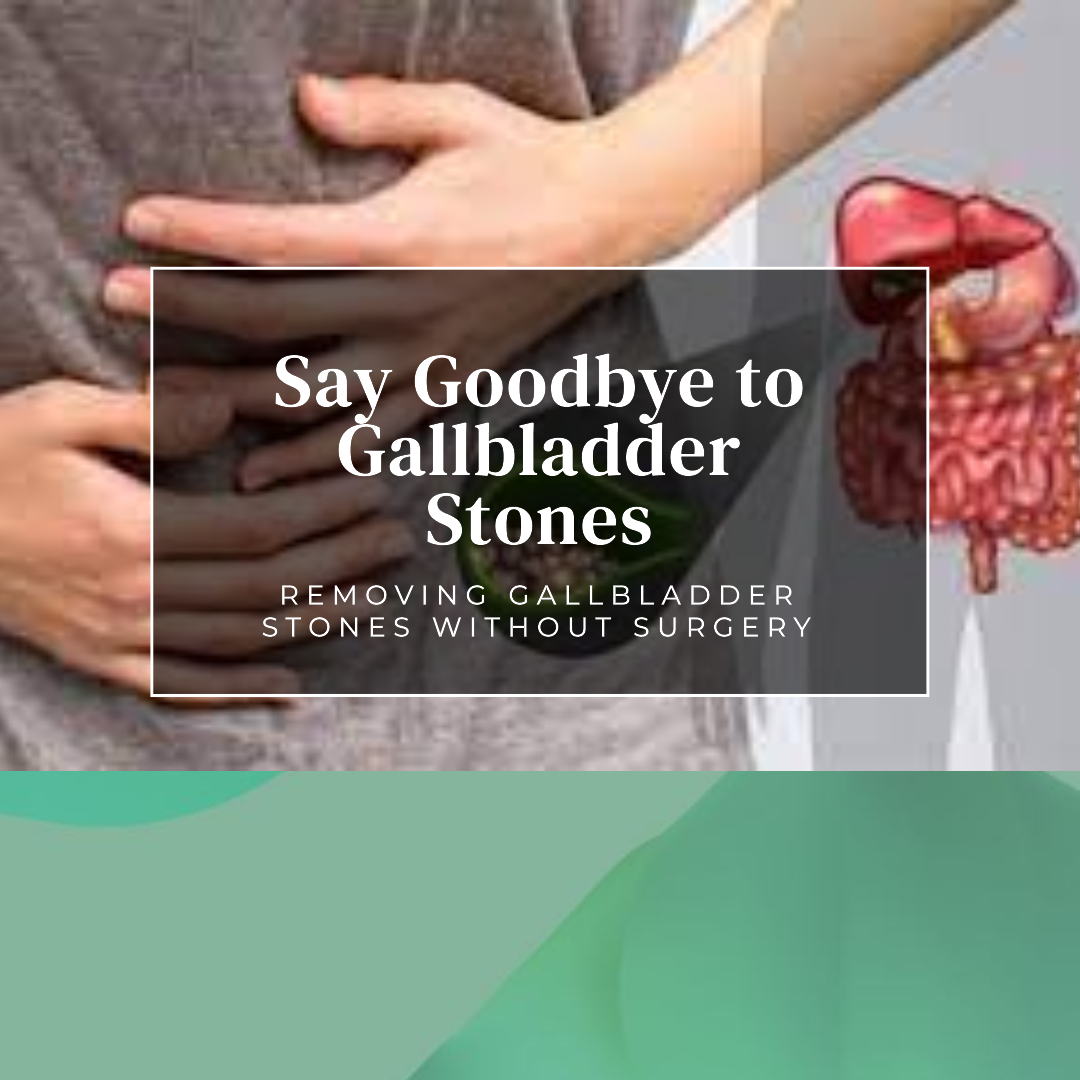Causes:
- Cholesterol: Excess cholesterol in bile can lead to the formation of gallstones.
- Bilirubin: High levels of bilirubin in bile can cause pigment gallstones.
- Impaired Gallbladder Function: When the gallbladder fails to empty properly, it can contribute to stone formation.
- Genetics: Family history of gallstones increases the risk.
- Obesity: Being overweight or obese is a risk factor for gallstones.
- Rapid Weight Loss: Losing weight too quickly can increase the risk of gallstone formation.
- Certain Medications: Some medications may increase the likelihood of developing gallstones.
Symptoms:
- Pain: Intense pain in the upper abdomen or right shoulder blade, especially after meals.
- Nausea and Vomiting: Feeling nauseous or vomiting, particularly after consuming fatty foods.
- Jaundice: Yellowing of the skin and eyes due to blockage of the bile duct by gallstones.
- Fever: Fever and chills may occur if the gallbladder becomes infected.
Treatment:
- Watchful Waiting: If the stones are small and asymptomatic, a wait-and-see approach may be recommended.
- Medications: Certain medications can help dissolve cholesterol gallstones over time.
- Surgery: Surgical removal of the gallbladder (cholecystectomy) is often recommended for symptomatic gallstones or complications.
- Lithotripsy: Shock wave therapy may be used to break up gallstones into smaller pieces for easier elimination.
- Lifestyle Changes: Eating a healthy diet, maintaining a healthy weight, and avoiding rapid weight loss can help prevent gallstones.
Prevention:
- Healthy Diet: Eat a diet rich in fruits, vegetables, whole grains, and lean proteins, and low in saturated fats and refined sugars.
- Hydration: Drink plenty of water to help prevent the formation of gallstones.
- Regular Exercise: Engage in regular physical activity to maintain a healthy weight and promote proper gallbladder function.
- Moderate Alcohol Consumption: Limit alcohol intake, as excessive alcohol consumption can increase the risk of gallstones.
- Gradual Weight Loss: If overweight, aim for gradual and sustainable weight loss to reduce the risk of gallstone formation.
Managing gallbladder stones involves a combination of medical treatment, lifestyle modifications, and sometimes surgical intervention, depending on the severity of symptoms and complications. Always consult a healthcare professional for proper diagnosis and treatment recommendations.









Leave a Reply